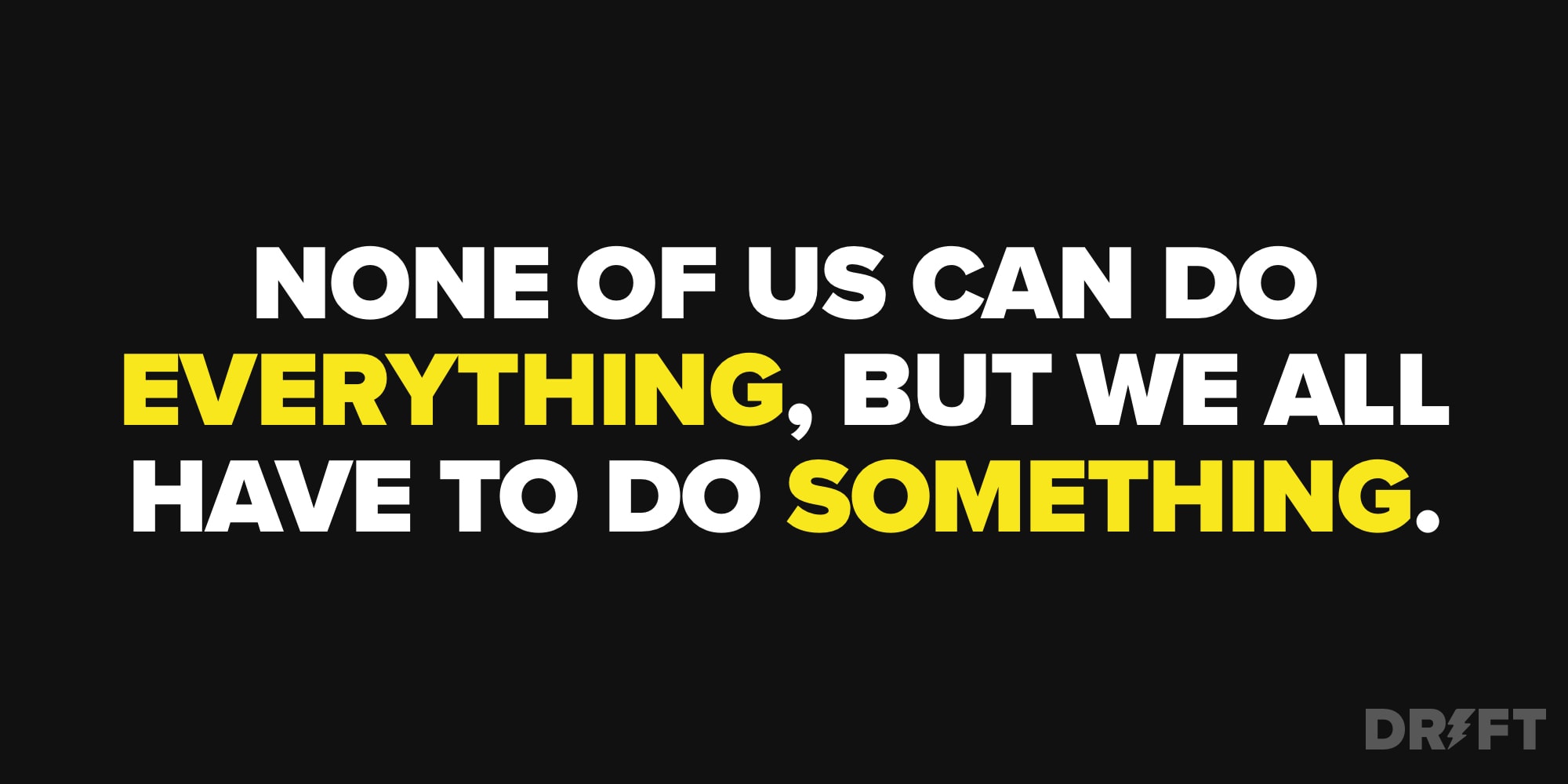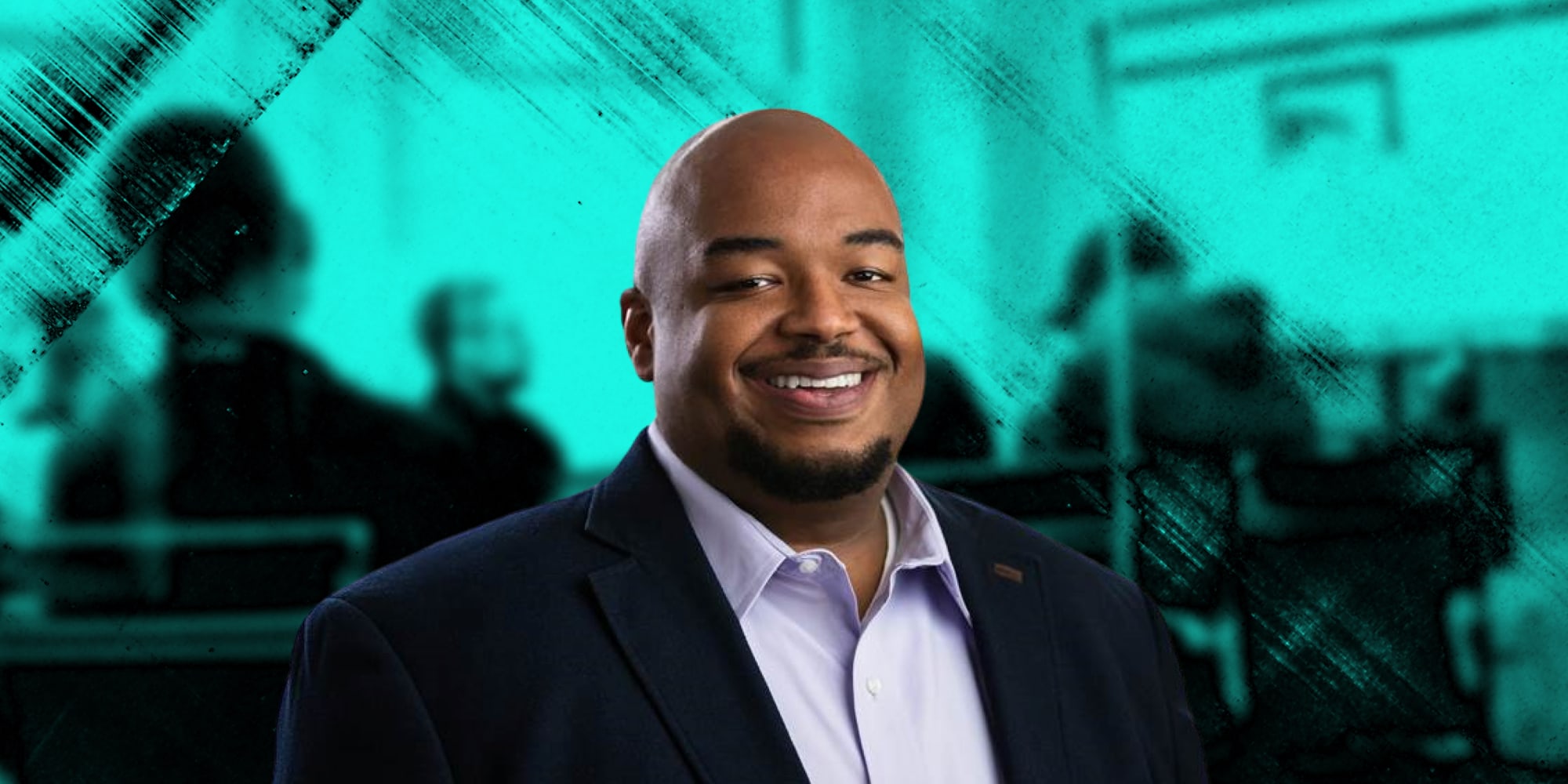May 14, 2022 should have been just another Saturday. For some shoppers at Tops Friendly Market in Buffalo, New York, an ordinary grocery store visit would ultimately be their last moments of life on Earth. A racist, 18-year-old white man decided to enter the predominantly Black supermarket, heavily armed and wearing plated armor. He shot four people outside of the grocery store, shot an armed security guard (who was a retired police officer), and shot eight more people inside the store. All of the people murdered were Black.
This was an explicitly planned attack. He identified this area as having a higher population of Black people, drove several hours to visit the store and confirm how many Black people he would be able to target, and then live-streamed these murders — where he can be seen apologizing to white people in the store before brutally murdering Black people.
We’d love to tell you that this was an anomaly. Despite a renewed social justice movement against violence and racism following the murder of George Floyd, there has been a surge in hate crimes against African Americans since then. This Juneteenth, we are asking our community to take an active role in ending violence and oppression against Black people.
Black youth are more likely to receive harassment in school, and to be suspended, not because of frequent or more serious misbehavior. When applying for jobs, Black-sounding names get 50% fewer call-backs than white names. If we get the job, we’re paid less money than our white counterparts — and are more likely to be skipped over for promotions. In hospitals, we are given worse treatment, and Black mothers are 3-4 times more likely to experience a pregnancy-related death than white mothers. We’re more likely to be stopped by the police, more likely to be arrested, more likely to be convicted, and more likely to receive lengthier prison sentences.
Juneteenth is one of many examples in the United States’ long-standing history of treating Black people differently. While July 4th commemorates American Independence in 1776, Black people had to wait another 89 years just to no longer be enslaved. In many ways, we’re still waiting to be seen as equals.
A year ago today, Black Drifters came together and formed an employee resource group (ERG) called Black at Drift because we wanted to build community and influence real change — at Drift and beyond. Today, as we reflect on Juneteenth and what the history of this day means, here are five calls to action:
1. Check in on the Black people around you.
We’re expected to deal with traumatic events, and then go to work the next day as if nothing ever happened. Most of us have never had someone check in on us.
2. Avoid asking questions like, “Are you OK?”
Acknowledge that something has happened, and instead ask, “How can I support you?”
3. Allyship is not limited to a holiday or month.
We aren’t Black for a day or a month out of the year. Allyship should be year-round, too.
4. Go beyond the books.
While you should continue to educate yourself on racism against Black people, talk to the Black people around you to learn new perspectives first-hand. Ideally, you should be doing this year-round — not just when something bad happens.
5. Speak up in spaces we’re not in.
Allyship isn’t for show. It’s just as important to stand up when we’re not there, or not able to speak for ourselves.
We want to do more than hope for a better tomorrow. Take an active role in making a difference, starting today.
Thank you,
Black at Drift
In writing this article, we consulted resources from CNN, Revolt TV, The New York Times, Do Something, American Progress, and History.com.







